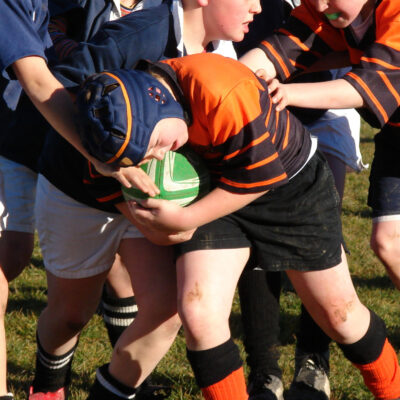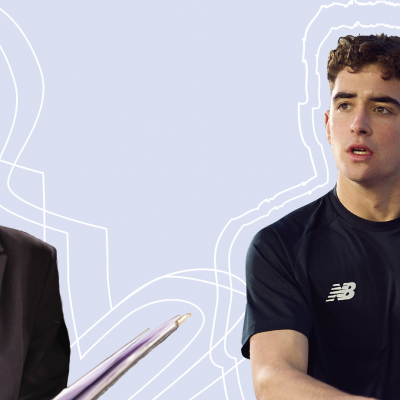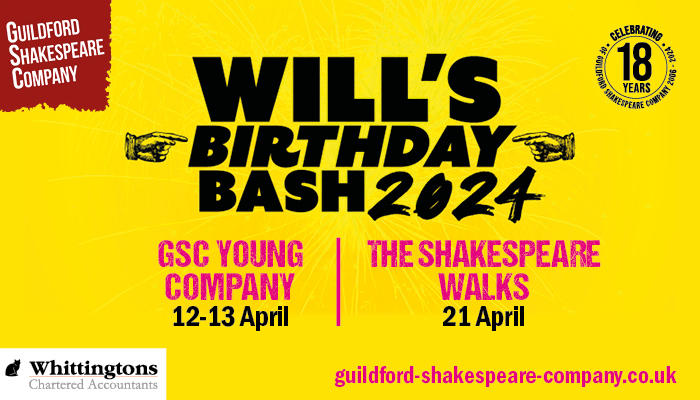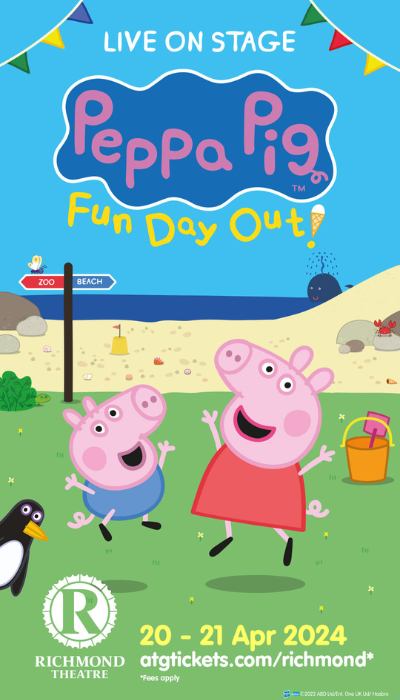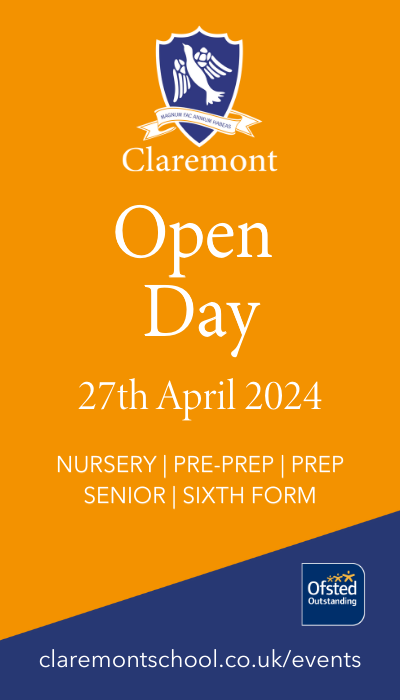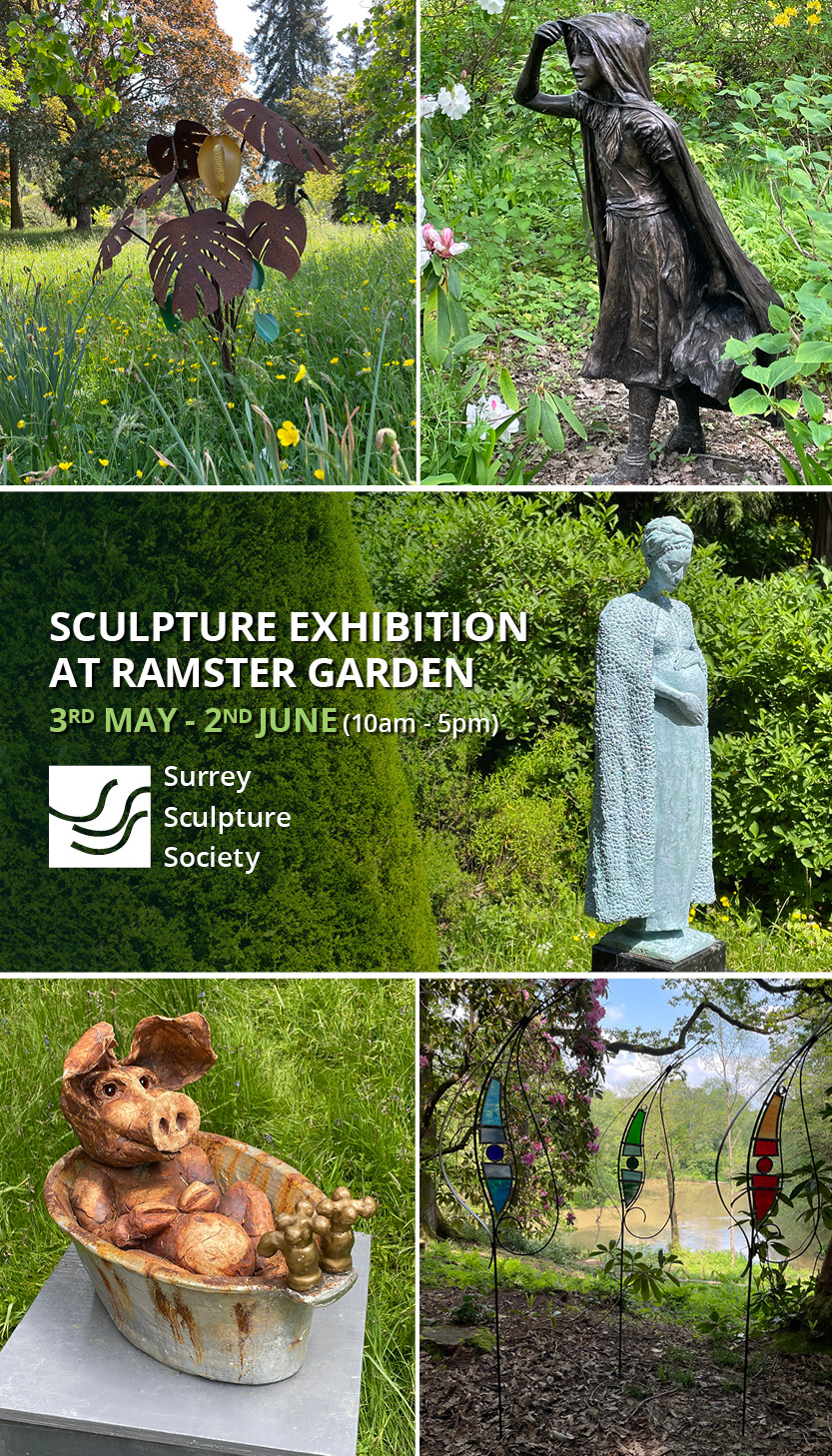Hindsight is a wonderful thing. With the wisdom of looking back, we’d all be perfect parents.
Now that I’ve had the chance to watch my children grow up, navigate through university, embark on their careers, find partners and start their own families, I can see so much more clearly what children need from their parents in order to build good adult lives.
And it tends not to be what we think at the time.
In the thick of it we are – inevitably – consumed by the dilemma of the day, however small or fleeting that might be. How, we agonise, will we ever get them to sleep through the night? Should they eat sweets? Will they get into the right school? Why didn’t they do better in their reading test? Do they have the right sort of friends? How can I get them to wear their coat when it’s cold? And what does this ‘sleepover’ party actually mean?
But what children really need from us, rather than this moment-to-moment fussing, is consistent, long-term help with all the really big stuff of life. The shaping and guidance which will help them develop genuine self-confidence, the ability to assess risk, good judgment of character, balanced self-awareness, and the warmth and trust to develop good relationships.
So here – with all that wonderful wisdom of hindsight – are five things I wish I’d done less of, as a parent, and five things I wish I’d done more.
LESS
- Nagging
How I wish I’d done a lot less of that, especially as it wasn’t even slightly effective! I wish I’d chosen my battles more carefully, concentrated on the big issues, and let other things slide. If I really wanted something done, I wish I’d had a more effective strategy than just going on – and on and on – about it. As it was, I don’t believe my children heard a word I said after the age of about ten. - Worrying
Like most parents, I worried my way through my children’s childhoods. I worried that my son had the attention span of a gnat, and that his sister couldn’t get her head round maths, and that his other sister had a pathological inability to say sorry. I worried about their health and their friends and their social lives and what they got up to in their teenage years. Did most of the things that I worried about matter in the long run? Not a single jot. - Comparing
It’s so hard, as a parent, not to compare your children with others and then find them lacking. This might be in the classroom, at sports, art, music, popularity or sociability. Whatever it is, though, you know even as you’re doing it that it’s stupid and counterproductive, but even so the tyranny of modern parenting kicks in and there you are wondering yet again what you need to do to get your child shining with all the other brightest stars in the room. - Ignoring
Although I was physically present during my children’s childhood I was mentally absent most of the time. Other things, like work deadlines and household chores, were always uppermost in my mind. “Uh-huh” I’d say as I listened to them talk, but more often than not I was thinking about making that important phone call, or getting on top of the laundry before the weekend. - Pronouncing
As an opinionated mother, I gave my children the benefit of my wisdom on everything from why dark green is a horrible colour to what the Liberal Democrats needed to do to win more votes. Never a car journey went by without them having to listen to how I’d solve the traffic problems of south-east England, or why obesity was always going to be an insoluble problem. Poor things. No surprise that they gravitated towards partners whose main approach to life is live and let live. This was my own particular personality problem as a parent. You will have yours. You will. I promise.
MORE
- Time
See four, above. By which I mean quality time, not in the oh-my-precious-baby-you-are-the-centre-of-the-universe way, but in a respectful, being properly present when it matters way. Children who get enough of this kind of attention cannot fail to flourish and grow. - Freedom
Children are little animals. They need to run, jump, wrestle and explore. Later they need to expand their horizons, walk to the shop alone, go out on their bikes, and then (gulp) go up to the city, go to the pub, go travelling… It’s so hard to know how and when to release the brakes, but it has to be done to allow them to grow their own strength and judgment. - Encouragement
I wish now, I’d done more to positively encourage enthusiasms of every sort, from photography to riding. At the time I saw these interests as passing (and potentially expensive) fancies. Now I can see that they were creativity looking for its way out. With hindsight, I would have switched off their screens more, and encouraged them much harder to get up and get doing. - Trust
Of course, you can’t trust a baby to navigate stairs alone, or a teenage boy to drive safely without some experience behind the wheel, but micromanaging children’s lives definitely does more harm than good. I wish that – within sensible limits – I’d shown my children more trust in their developing abilities to make good decisions and also shown more forgiveness when they inevitably got things wrong. - Love and laughter
Life isn’t always a serious business, and I wish I’d done more to help my children see that. All children need to discover that mistakes are how you learn, that it’s possible to bounce back after bad stuff has happened, and that, on the whole, nothing matters quite as much as we think it does and quite a lot of things don’t matter at all.
A childhood of love and laughter is probably the best recipe I know for a happy, healthy adulthood.
Which is not to say they didn’t have plenty. They did, and it’s been a joy to see them grow up happy and resilient. But no child can ever have too much.
In fact, if we love our children, and make sure that they always know that we do, then they will be absolutely fine. So forget hindsight, and all the the conscience-pricking lessons it wants to teach us. They are for perfectionists only. And when did perfectionism have anything to do with parenting?
You may also like
Perfect Pitch
Mike Piercy, education consultant and former Head of The New Beacon, sings the praises of music in education What exactly is it that drives parents to make huge sacrifices by sending their children to independent schools? Different families have different...
‘It’s not fair!’
Mike Piercy, education consultant and former Head of The New Beacon, explains the importance of winning and losing with good grace The beefy second row lay prone, groaning, as the pack lumbered away. “Get up, Darling!” I cried. Opposition spectators...
Performance Power
Eastbourne College and Bede’s School discuss opportunities which give their students time to shine Director of Music at Eastbourne College, Dan Jordan, sings the praises of music at the school. It is 6.30pm, the night before a well-needed half-term holiday....


